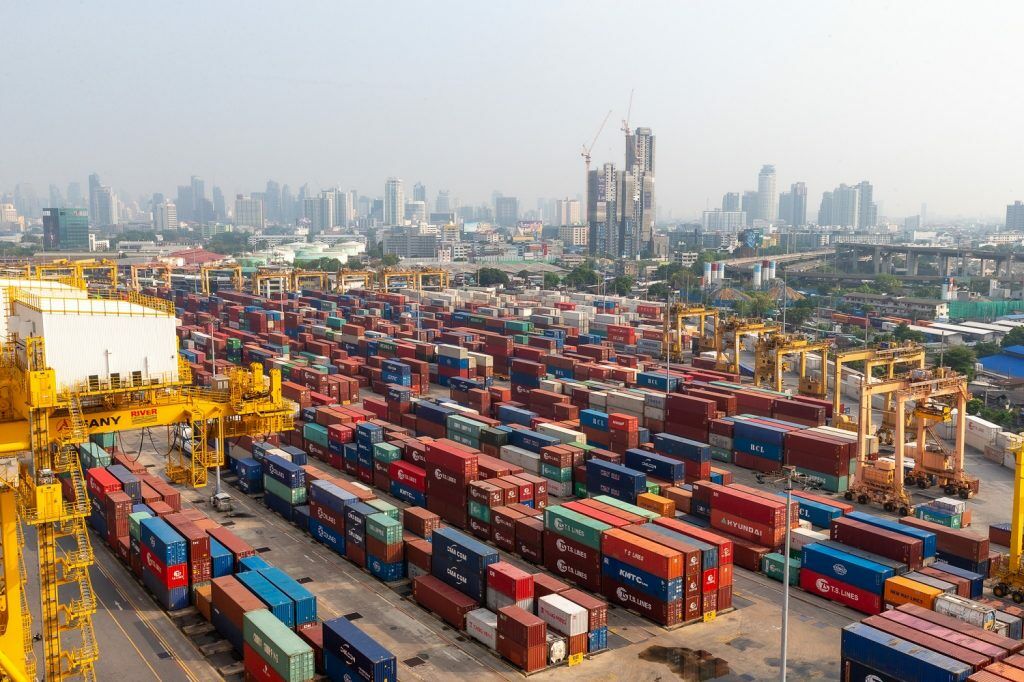Thai export growth projected at 2-3% amid global economic recovery

The UTCC (University of the Thai Chamber of Commerce) predicted a revival in exports, projecting a growth of 2-3% for the year, which equates to a value between US$290-293 billion. This shows a significant improvement from the 1% contraction experienced in the previous year.
The UTCC’s president, Thanavath Phonvichai, attributed this predicted resurgence largely to the global economic recovery and increased demand in primary export markets. He referenced the International Monetary Fund’s (IMF) recent adjustment of the 2024 global GDP forecast, which increased from 2.9% to 3.1%. This adjustment is due to the economic growth of key trading partners, including ASEAN, Europe, South Korea and the UK. However, there has been an economic slowdown in the US, China, and Japan, reported Bangkok Post.
Furthermore, the IMF anticipates a 3.3% expansion in global trade in 2024, a result of decreasing global inflation rates and possible reductions in global interest rates. It is expected that the US may reduce its rates in May, Europe in April, and the UK in June. This expected trend, coupled with the potential depreciation of the baht, is predicted to support a robust growth in exports during the second half of the year.
However, Thanavath notes the presence of potential risk factors that could affect export performance. Notably, the recent attacks on cargo ships in the Red Sea by Iran-backed Houthi rebels, have caused an increase in shipping costs. Furthermore, constraining China’s recovery are structural issue, particularly the ongoing property crisis.
The latest data from the Commerce Ministry shows that exports increased for the fifth consecutive month in December, though the annual figures remain down by 1% from the previous year. December saw a year-on-year increase in customs-based exports of 4.7% to US$22.8 billion, following a 4.9% increase in November. On the contrary, imports declined by 3.1% to US$21.8 billion, resulting in a trade surplus of US$973 million.
In 2023, exports fell by 1% to US$285 billion, while imports decreased by 3.8% to US$290 billion, creating a trade deficit of US$5.19 billion. There was a 0.7% decline in exports of agricultural and agro-industrial products to US$49.2 billion and a 1% fall in industrial product exports to US$224 billion.
Export outlook
Thanavath also suggested that export products predicted to perform exceptionally this year include refined oil, telephone devices and parts, semiconductors and diodes, fresh and frozen fruits, electric transformers and parts, cars and parts, specialised-function machinery and electrical equipment, circuit boards, wood and wood products, and machinery and mechanical appliances.
He urged the government to utilise commercial counsellors to accelerate the expansion of these flagship export products in various markets, to aid the recovery of exports and to contribute to the overall improvement of the economy.
Latest Thailand News
Follow The Thaiger on Google News:


























